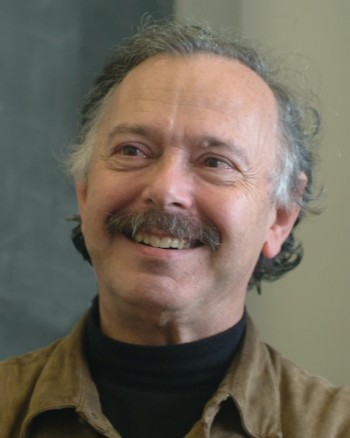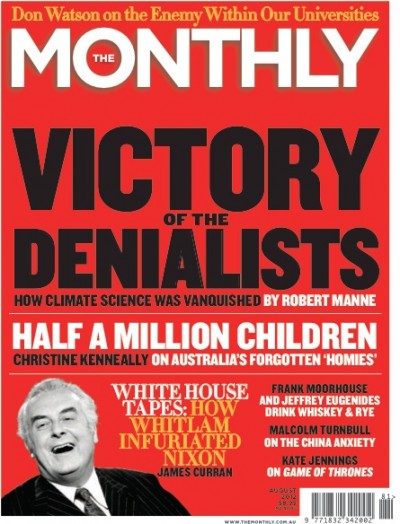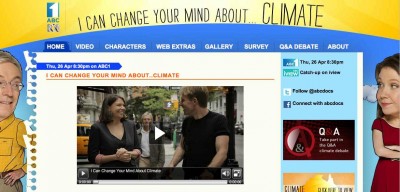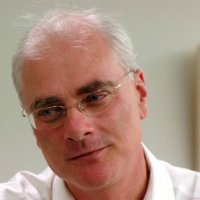
IN a column this week in The Australian, writer Gary Johns tried to argue that the science of human-caused climate change was “contentious”, that climate change might not be that bad and that we shouldn’t bother to cut down on emissions.
The Australian newspaper has a record for favouring climate science denialism and contrarianism above genuine expertise.
Columns and coverage like this come along in the pages of the Rupert Murdoch-owned press with such regularity that you might think [blush] that they’ve got some kind of an agenda. Honestly, you could really think that.
In the latest column – “Let’s get realistic about reducing carbon emissions” – Johns writes approvingly of a project called the Nongovernmental Panel on Climate Change (NIPCC) while finding disparaging remarks about the United Nations Intergovernmental Panel on Climate Change.
Johns doesn’t mention that the NIPCC is run by the fossil-fuel funded Heartland Institute in the United States, which advocates free market ideology within which businesses should be allowed to do pretty much whatever they like, such as using the atmosphere as a free waste dump.
But in one section of Johns’ column, he quotes and paraphrases Professor Richard Muller, a respected American physicist who was once sceptical of human-caused climate change.
As reported in The Guardian and elsewhere, a couple of years ago Muller led a team based at the University of California which analysed more than 14 million temperature readings from 44,455 measuring sites from around the world going back to the mid 18th century.
Professor Muller found the world had warmed by 1.5C in the last 50 years and that burning fossil fuels and other human industrial processes were “almost entirely” the cause.
I emailed Professor Muller about the column to ask if he felt his words had been fairly represented.
First, I asked Professor Muller about this section of the column. Continue reading “Top physicist accuses The Australian newspaper of misrepresenting his climate change views”


 credibility, to pseudo-scientists, outlying views and consistently wrong bloggers. My argument wasn’t that they didn’t have the right to an opinion, but that the show would legitimize their debunked views.
credibility, to pseudo-scientists, outlying views and consistently wrong bloggers. My argument wasn’t that they didn’t have the right to an opinion, but that the show would legitimize their debunked views.